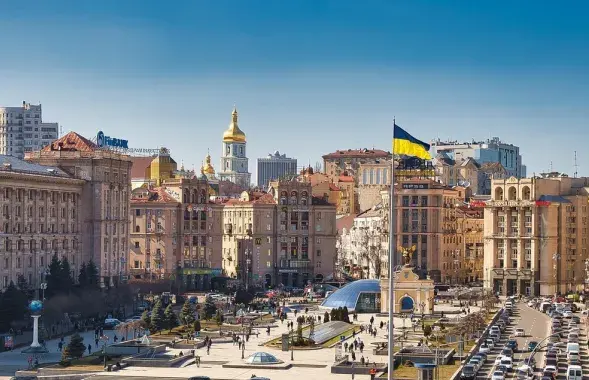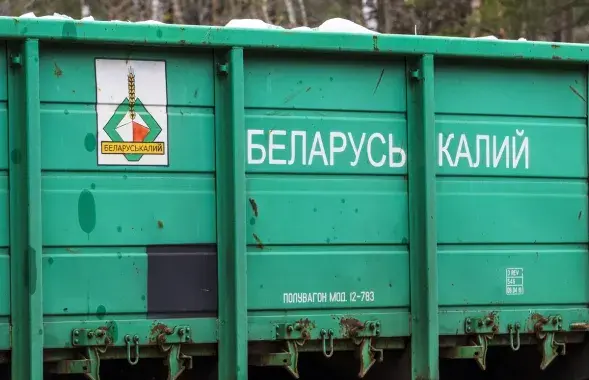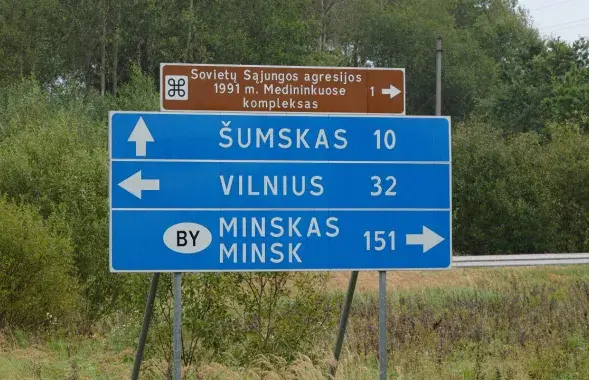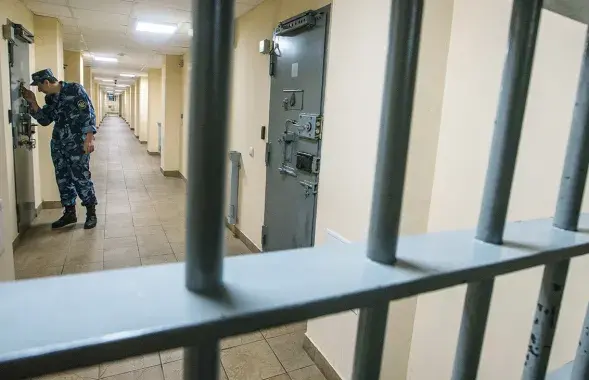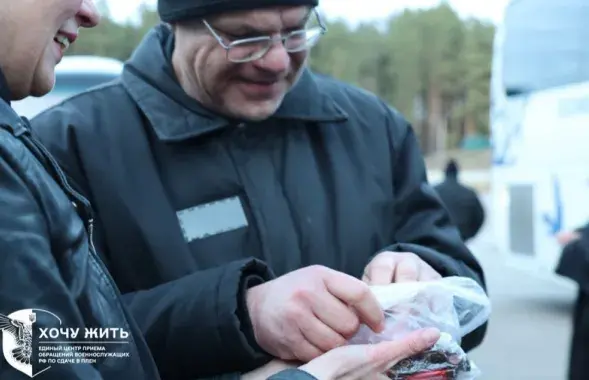About 3.5 thousand prisoners fail to collect money for amnesty
One more amnesty ended in Belarus on May 26. It allowed 2 thousand 100 prisoners to be released. 140 of them are women. At the begging it was planned to release about 4 thousand people. However, security agencies claim that 5.5 thousand people had an opportunity to be amnestied. But 3.5 thousand prisoners have not managed to pay for their release. Let us remind you that the President signed the Amnesty decree on November 26, 2007. The Minister of Internal Affaires ordered his subordinates to carry it out during six months. According to the Decree, it was the first time the amnesty affected only those who had managed to compensate for the losses suffered by the state or other citizens as a result of their actions. The head of the Penalty Department Valery Yaremkin informed that convicts had paid about 850 million as a compensation for the damage they had done.
According to a former prisoner Valery Levaneuski, there won’t be any revolts in colonies in spite of a great number of people disappointed about the recent amnesty.
Valery Levaneuskі: “Many people were anxious. Many people had been waiting for the amnesty and many people wanted to compensate for everything. However, they cannot do it neither in prison nor at liberty because they are either jobless or lack money for food. That is why connecting the amnesty with the compensation is unreal. They charge such exorbitant sums that people cannot pay”.
The former prisoner says that an amnesty is an act of good will but it is not that important for prisoners. Administrations of colonies have the right to release up to 40% of prisoners. But they do not use the right for some reason.
Valery Levaneuskі: “The administration can release much more people using its internal administrative instruments. Convicts may be given grant of parole or there can be a mitigation of penalty. Unfortunately, it is practically never done in colonies and prisons. In theory, up to 40% of prisoners may be released every year. An amnesty is an act of good will but I do not think it is that important for convicts. It is like a game of some kind, 2 thousand released prisoners is nothing for Belarus”.
Moreover, he said that releasing prisoners did not pay.
Valery Levaneuskі: “The administration is not eager to release prisoners even if they can be amnestied because it does not pay. Every convict is a certain sum of money that can be taken from the budget. It is food and other things that can be manipulated with. And it is laziness too. Preparation of documents needed for an early release or mitigation takes a lot of effort. Heads of detachments have to work on it and to write appeals to deputy heads of subdivisions. They will have to dedicate a lot of time to every convict”.
According to a former judge of the Constitutional Court, the current head of the legal service of “The Belarusian Association of Journalists” Mihail Pastuhou, the Constitution does not regulate the nuances of applying an amnesty to a person. They are mentioned in certain laws or decrees. However, the lawyer thinks that such limitations contradict the very idea of an amnesty.
Mіhaіl Pastuhou: “An act of amnesty is an act of humanism on behalf of the state. People having no previous convictions, people who committed petty crimes or people having extenuating circumstances of their crimes should be amnestied. There has never been such an additional condition as compensation of losses or reimbursement. It is the Belarusian authorities’ know-how in the criminal policy”.
According to the former judge of the Constitutional Court, amnesty based on obligatory reimbursement violates the Constitution and can be appealed.
Mіhaіl Pastuhou: “General courts will not accept such complaints referring to the law. It means that the law should be announced unconstitutional on the basis of the procedure of checking the correspondence of acts of law to the Constitution. Some syndic should question the Constitutional Court about it claiming that the condition of the amnesty is inhuman and discordant to the Constitution and that is violates human rights”.
ERB has tried to find out whether any convicts sent complaints about not having been amnestied to the General Office of the Public Prosecutor. According to the head of the press service Henadz Vyartsinksi, they do not take stock of such appeals and there is no information about it.
According to a former prisoner Valery Levaneuski, there won’t be any revolts in colonies in spite of a great number of people disappointed about the recent amnesty.
Valery Levaneuskі: “Many people were anxious. Many people had been waiting for the amnesty and many people wanted to compensate for everything. However, they cannot do it neither in prison nor at liberty because they are either jobless or lack money for food. That is why connecting the amnesty with the compensation is unreal. They charge such exorbitant sums that people cannot pay”.
The former prisoner says that an amnesty is an act of good will but it is not that important for prisoners. Administrations of colonies have the right to release up to 40% of prisoners. But they do not use the right for some reason.
Valery Levaneuskі: “The administration can release much more people using its internal administrative instruments. Convicts may be given grant of parole or there can be a mitigation of penalty. Unfortunately, it is practically never done in colonies and prisons. In theory, up to 40% of prisoners may be released every year. An amnesty is an act of good will but I do not think it is that important for convicts. It is like a game of some kind, 2 thousand released prisoners is nothing for Belarus”.
Moreover, he said that releasing prisoners did not pay.
Valery Levaneuskі: “The administration is not eager to release prisoners even if they can be amnestied because it does not pay. Every convict is a certain sum of money that can be taken from the budget. It is food and other things that can be manipulated with. And it is laziness too. Preparation of documents needed for an early release or mitigation takes a lot of effort. Heads of detachments have to work on it and to write appeals to deputy heads of subdivisions. They will have to dedicate a lot of time to every convict”.
According to a former judge of the Constitutional Court, the current head of the legal service of “The Belarusian Association of Journalists” Mihail Pastuhou, the Constitution does not regulate the nuances of applying an amnesty to a person. They are mentioned in certain laws or decrees. However, the lawyer thinks that such limitations contradict the very idea of an amnesty.
Mіhaіl Pastuhou: “An act of amnesty is an act of humanism on behalf of the state. People having no previous convictions, people who committed petty crimes or people having extenuating circumstances of their crimes should be amnestied. There has never been such an additional condition as compensation of losses or reimbursement. It is the Belarusian authorities’ know-how in the criminal policy”.
According to the former judge of the Constitutional Court, amnesty based on obligatory reimbursement violates the Constitution and can be appealed.
Mіhaіl Pastuhou: “General courts will not accept such complaints referring to the law. It means that the law should be announced unconstitutional on the basis of the procedure of checking the correspondence of acts of law to the Constitution. Some syndic should question the Constitutional Court about it claiming that the condition of the amnesty is inhuman and discordant to the Constitution and that is violates human rights”.
ERB has tried to find out whether any convicts sent complaints about not having been amnestied to the General Office of the Public Prosecutor. According to the head of the press service Henadz Vyartsinksi, they do not take stock of such appeals and there is no information about it.
